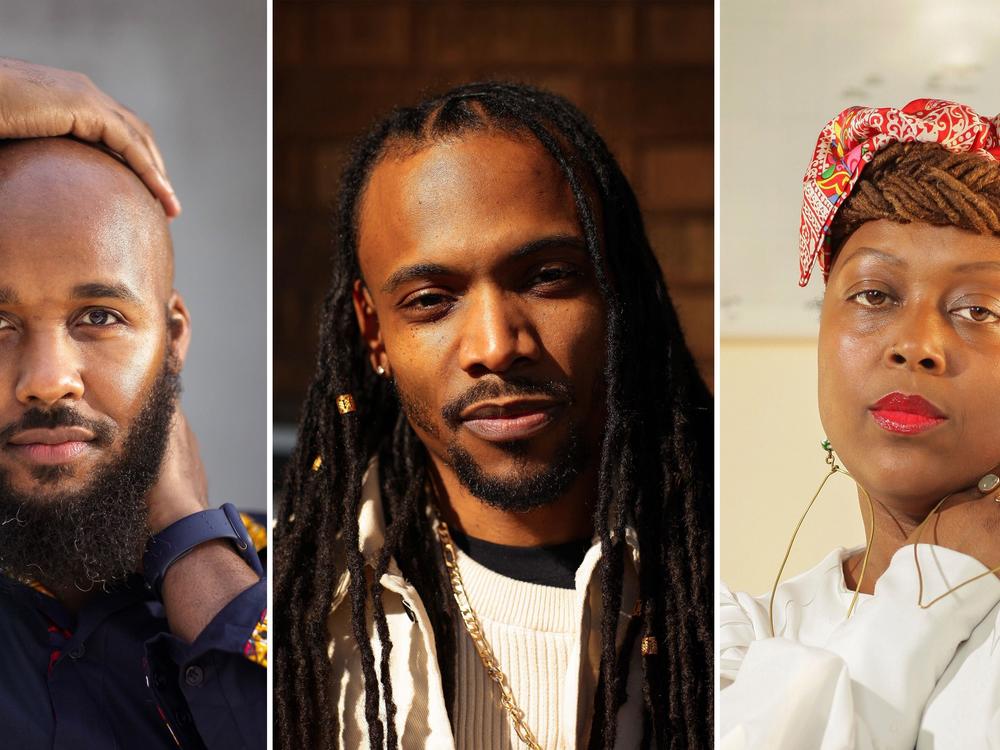Section Branding
Header Content
Reflecting on the power of affirmations for Black History Month
Primary Content
As a child, I remember watching the Rev. Jesse Jackson on television when he would recite the poem, "I Am — Somebody." It was a motivational poem that Jackson performed for crowds of people, large and small, near and far. He even made an appearance on Sesame Street and invited viewers to repeat the poem's title and main message: "I am somebody." And we did. This call-and-response collaboration felt good in my young belly. This was an early introduction to affirmations for me.
The declaration at the center of the poem, "I am," is the heart of an affirmation — a proactive statement meant to inspire positive thinking or positive action. Those who work in healing spaces — such as therapists or spiritual and religious leaders — will often use affirmations as a tool to foster healing in those who have suffered trauma. But they're also used by people in everyday life to simply set the tone of the day, a situation or a mindset. They can highlight attributes we already possess or summon who or what we aspire to be.
I enjoy creating affirmations and write them regularly. I believe it is especially important for people from marginalized communities to utilize an affirmation practice as part of a larger self-care routine. The activist and poet Audre Lorde gave us many gems in the form of her scholarship, and one of her more popular quotes warns us of the consequences that come when we don't reserve the right of self-definition. It reads, "If I didn't define myself for myself, I would be crunched into other people's fantasies for me and eaten alive."
With Black History Month in mind, I asked a few people in my social circles to see whether they used affirmations at all — and how. I was curious whether they tapped into this dynamic exercise of the mind, and it turns out many of them did. I gathered a few friends who were willing to share their affirmative mantras. I then paired their affirmations with intimate, tightly framed portraits that I made of them.
This project seeks to use affirmations as tools of realigning, inspiration and reclamation. I invite you to read along and to create your own affirmations, if you haven't done so already.
Laylah Amatullah Barrayn is a documentary photographer and writer from Brooklyn, N.Y. You can find her on Instagram at @LaylahB.
Grace Widyatmadja produced and photo edited this piece.
Copyright 2022 NPR. To see more, visit https://www.npr.org.

